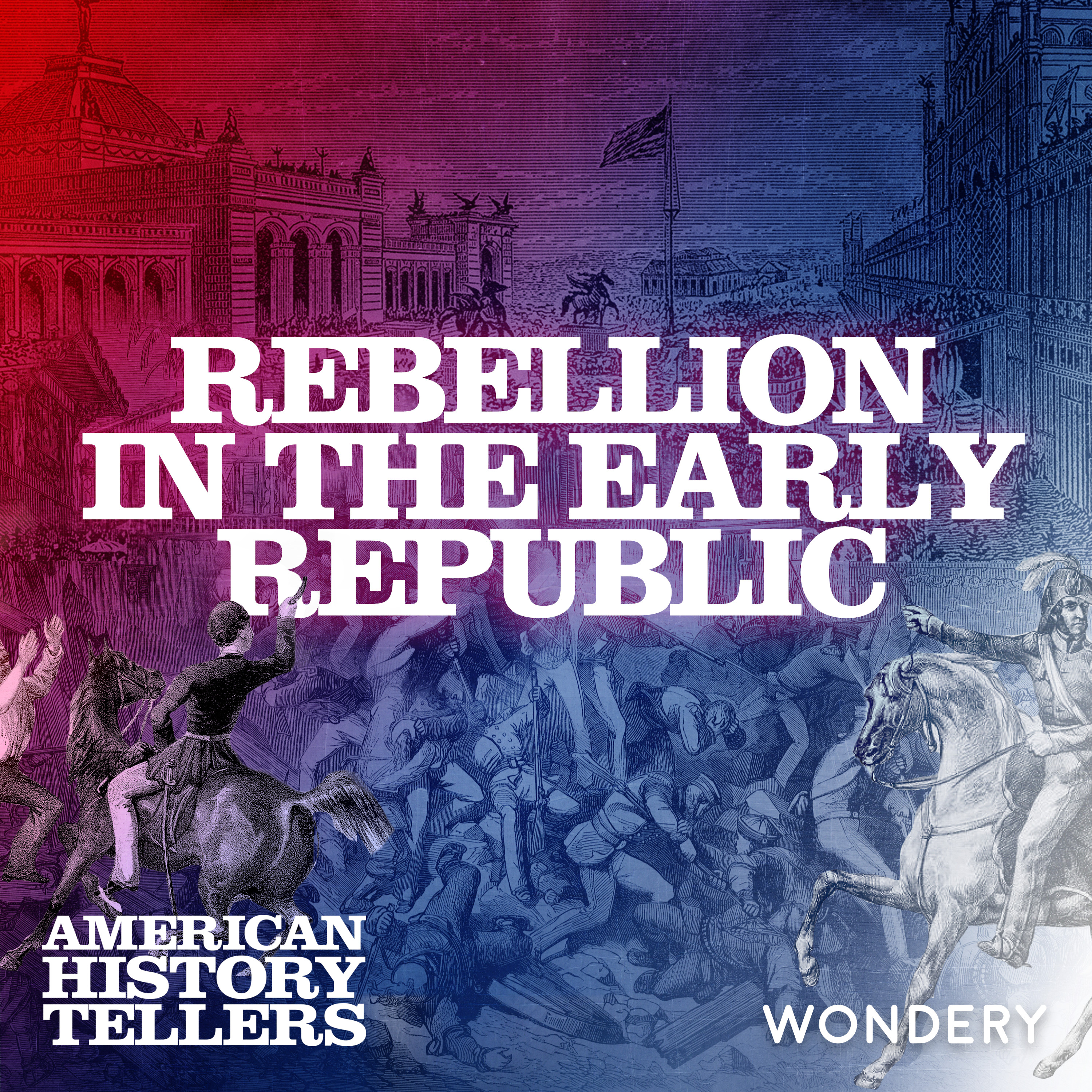
Rebellion in the Early Republic - How Early American Revolts Shaped Today’s Protests | 7
from American History Tellers
by Wondery
Published: Wed Apr 29 2020
Show Notes
In 1799, the U.S. government imposed a new tax on houses, land, and slaves to fund an expanded military. A man named John Fries led Pennsylvania Dutch farmers in protest of the law. What became known as Fries’ Rebellion was the third major tax revolt in the nation’s short history. But President Adams quashed Fries’ Rebellion with military force—a response widely viewed as an overreaction. The protesters went on to help usher Adams out of office.
Their actions proved that Americans could challenge their government without resorting to violence, and that popular dissent could exist within the rule of law…affirming a tradition of protest that exists now.
On today’s episode, we hear from Pulitzer winning historian and legal scholar Edward J. Larson. Larson is a history professor and the Hugh and Hazel Darling Chair in Law at Pepperdine University in Malibu, California. He is also author of the new book “Franklin & Washington: The Founding Partnership” (William Morrow, 2020).
Larsontakes us into a deeper dive into how the early American rebellions were resolved, and what that era of our nation’s history can teach us about how the government handles pushback from citizens now.
Additional books by Edward J. Larson:
“The Return of George Washington: Uniting the States, 1783-1789” (William Morrow, 2015)
“
Supportus by supporting our sponsors!
See Privacy Policy at https://art19.com/privacy and California Privacy Notice at https://art19.com/privacy#do-not-sell-my-info.